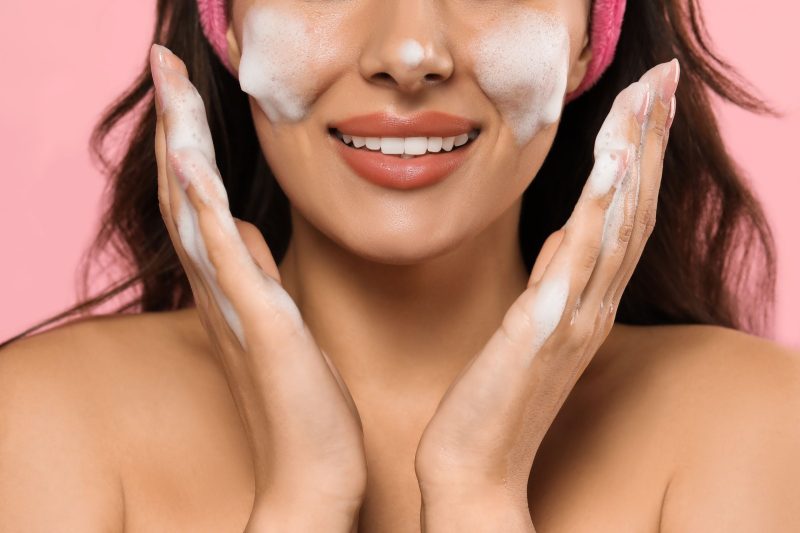Skin care routine has been evolving over the years, with various trends emerging and fading. One such trend that has gained popularity is over-cleansing the skin. While maintaining clean skin is essential for a healthy complexion, overdoing it can do more harm than good.
The skin naturally produces oils and has its own protective barrier to shield against external aggressors. When we cleanse too frequently or aggressively, we can disrupt this natural balance. This imbalance can lead to a multitude of skin issues, including dryness, irritation, redness, and even breakouts.
Cleansing the skin too often can strip away essential oils, leaving the skin dry and vulnerable. Over time, this can compromise the skin’s ability to retain moisture and protect itself, leading to a weakened barrier. As a result, the skin becomes more susceptible to environmental damage, pollution, and bacteria, which can accelerate aging and exacerbate skin conditions.
Furthermore, over-cleansing can trigger an overproduction of oils as the skin tries to compensate for the loss of moisture. This can result in oily skin, clogged pores, and acne breakouts. By constantly stripping the skin of its natural oils, we disrupt the skin’s natural balance and perpetuate a cycle of skin issues.
It’s important to strike a balance in our skincare routine. Cleansing the skin twice a day, in the morning and evening, is generally sufficient for most skin types. Choosing a gentle cleanser that effectively removes dirt and impurities without stripping the skin is key. Avoid harsh scrubbing or using hot water, as these can further irritate the skin.
In addition to cleansing, incorporating hydration and moisturization is crucial for maintaining healthy skin. Using a lightweight moisturizer that suits your skin type can help replenish lost moisture and strengthen the skin barrier. Regular exfoliation can also aid in removing dead skin cells and promoting cell turnover, but it should be done in moderation to avoid over-exfoliation.
Overall, the key takeaway is to listen to your skin and adjust your skincare routine accordingly. If you notice signs of dryness, irritation, or breakouts, it may be a sign that you are over-cleansing. Simplifying your routine, using gentle products, and giving your skin time to restore its natural balance can help improve its overall health and appearance.
In conclusion, while cleansing is an essential part of skincare, it’s important not to overdo it. By adopting a gentle and balanced approach to cleansing, you can maintain a healthy complexion and support your skin’s natural functions. Remember, less is often more when it comes to skincare.

